Iranian authorities have begun targeting businesses that serve women who do not wear the hijab, a move that has significant implications for the country's hospitality and retail sectors. The new policy, which was implemented in recent weeks, involves fines and closures for establishments that allow women without headscarves to enter their premises.
According to reports, cafes and restaurants in major cities such as Tehran and Isfahan have been hit with fines ranging from $1,000 to $5,000 for violating the hijab regulations. In some cases, businesses have been forced to close temporarily or permanently, resulting in significant financial losses. For example, a popular cafe in Tehran reported a loss of $20,000 in revenue after it was shut down for a week due to a single incident of a woman without a headscarf being served coffee.
"This is a clear attempt by the authorities to exert control over the private sector and suppress any dissent," said a local business owner, who wished to remain anonymous. "It's not just about the money; it's about the message they're sending to the community. They're trying to create a culture of fear and intimidation."
The policy change has also had a significant impact on the country's tourism industry. Many foreign visitors, particularly women, have been deterred from visiting Iran due to the strict hijab laws and the recent crackdown on businesses that serve women without headscarves. According to official statistics, tourist arrivals in Iran have decreased by 20% in the past year, resulting in a loss of $100 million in revenue.
The Iranian government has defended the policy, citing the need to enforce Islamic values and maintain public order. "We will not tolerate any form of disobedience or disrespect for our laws and regulations," said a government spokesperson. "Businesses that fail to comply will face the consequences."
The policy has been met with widespread criticism from human rights groups and international organizations, who argue that it is a form of repression and censorship. "This is a clear example of how the Iranian government is using economic coercion to silence dissent and suppress individual freedoms," said a spokesperson for the Human Rights Watch.
The current status of the policy remains unclear, with many businesses operating in a state of uncertainty. While some have chosen to comply with the regulations, others have vowed to continue serving women without headscarves, risking fines and closures. As the situation continues to unfold, it remains to be seen how the Iranian government will respond to the growing backlash against the policy.
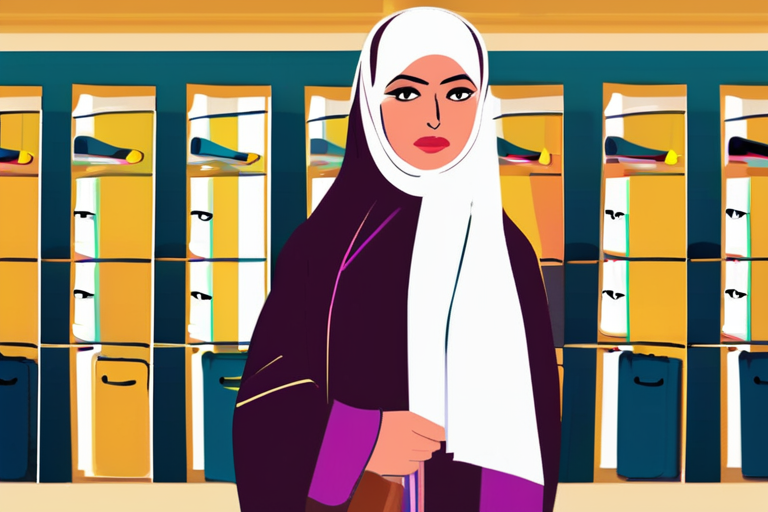




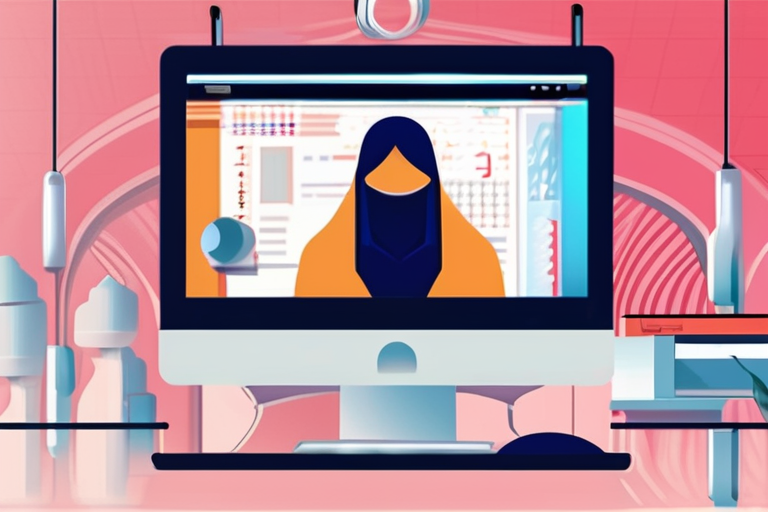

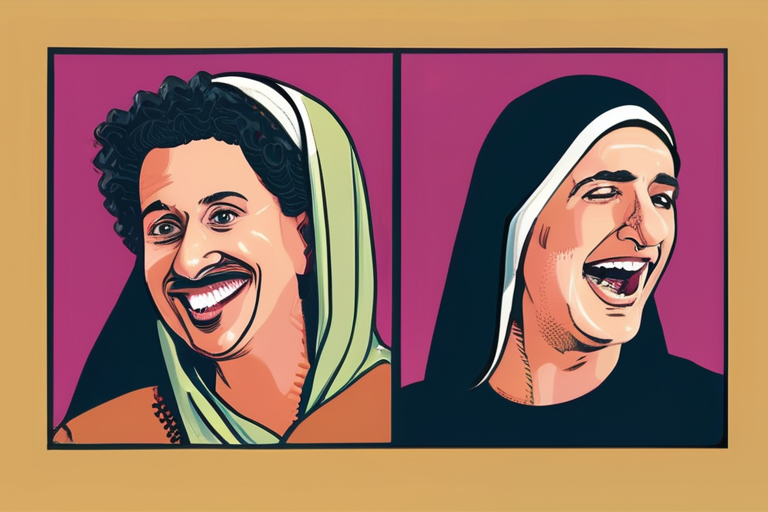




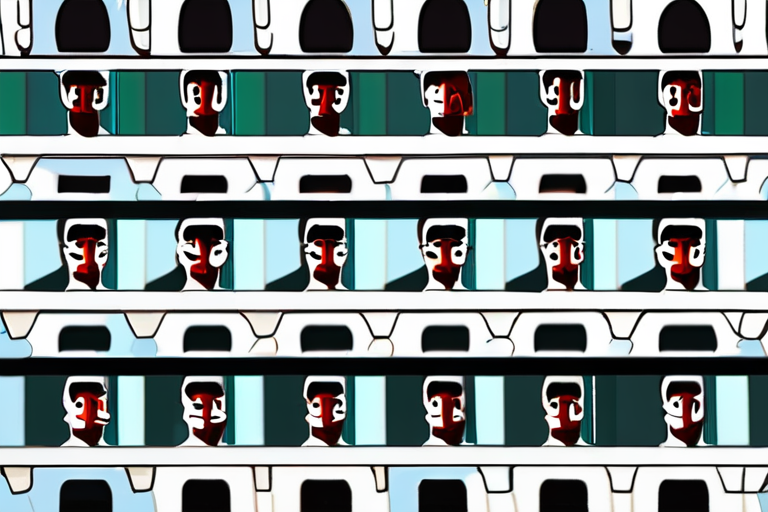




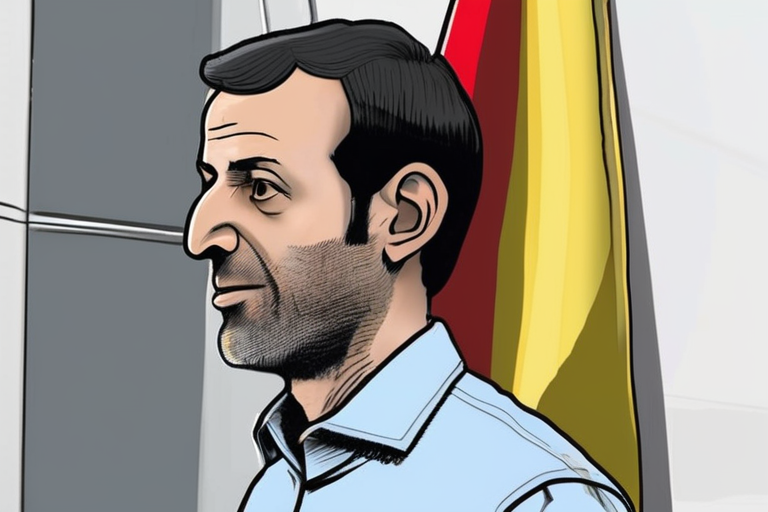

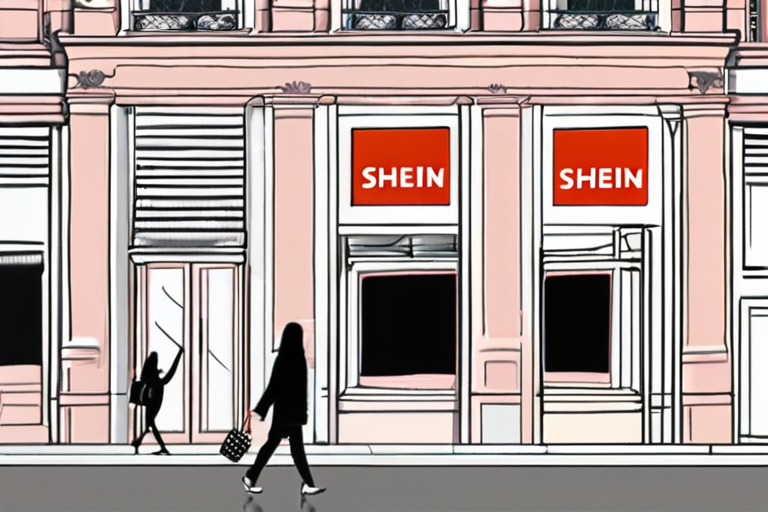


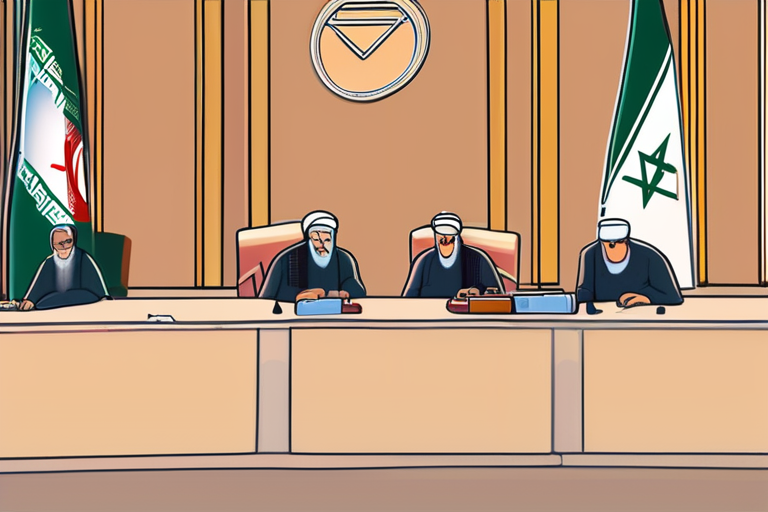
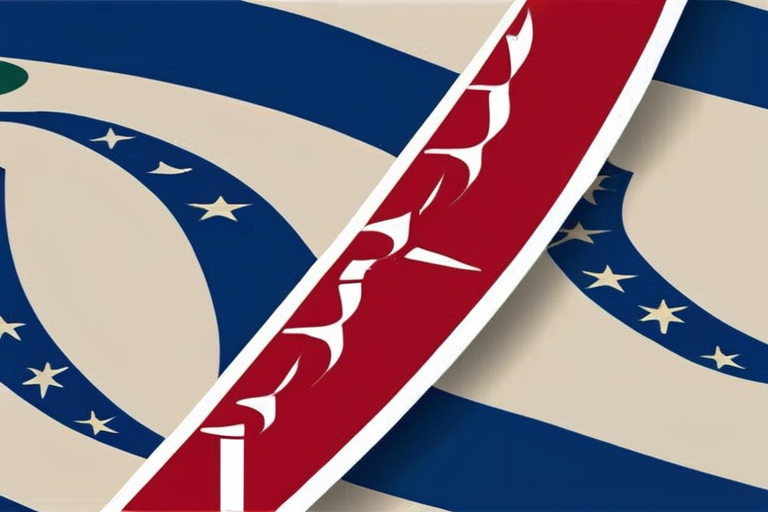


Share & Engage Share
Share this article